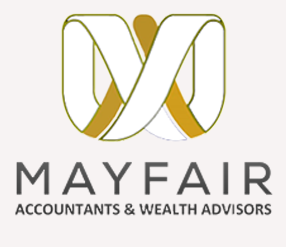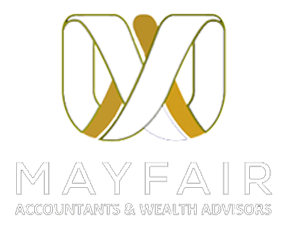The Chancellor of the Exchequer, Mr. George Osborne, revealed his first budget of the year in 16 March 2016. This budget comes after the Autumn Statement at the end of the last year.
This year’s budget is fairly designed to help and promote small businesses. It is planned to deliver security for working people, reduce deficit, achieve surplus, long term solutions of problems, build infrastructure and support the saving of the new generation. But, how will it affect the dental industry? Today, we will discuss about those issues in this post.
Corporation tax:
According to the budget, the corporation tax is set to be reduced from 20% to 17% by 2020. Even though it is not a huge amount, it will still support the new dental practices who have chosen to become a limited company.
Personal allowance tax:
Another announcement of this budget is to increase the personal tax threshold to £ 11,000 from 6 April 2016 and to £ 11,500 from 6 April 2017. Likewise, the higher tax rate threshold is also set to increase from £ 43,000 to £ 45,000 from 20117. All these changes are expected to benefit dentists and practice owners working full time and required to pay the higher tax rate.
Capital gains tax:
Capital gains tax is set to be reduce to 20% from the flat rate of 28% for higher rate taxpayers and from 18% to 10% for basic rate taxpayers. However, those wanting to sell their property will have to pay at the current rates i.e 28% for higher rate tax payers and 18% for basic rate taxpayers.
Small business rate relief:
From 1 April 2017, the small business rate relief is set to be doubled from 50% to 100% permanently. It means that the threshold will be increased from £ 6,000 to £ 15,000 which provides a huge advantage to the small businesses. While dental practices with property value of £ 12,000 and below will receive 100% relief, practices with a property above £ 12,000 to £ 15,000 will receive tapered relief. Hence, this condition will be a beneficial one for the smaller dental practices.
ISA allowance:
From 2017, the ISA allowance is set to be increased to £20,000. This has come up as a good news for the adults under 40. From 6 April 2017, any adult under 40 can contribute to £ 4,000 a year and will receive a 25% bonus until the age of fifty. The saved money an either be used to buy a home or can be saved until the account holder is over sixty for use in retirement. Thus, all the dental professionals under 40 can benefit from this implication.
At the same time, anyone can replace money in the Cash ISA in the same tax year without affecting their annual limit from 6 April 2016. This again comes as a good news for everyone including the dental professionals.
Stamp duty on commercial property:
As per the budget announcement, the rates of Stamp Duty on lower priced commercial property will be reduced. There will be no charge on properties with a value upto £150,000, 2% between £150,001 £ 250,000 and and 5% above £ 250,000. As all these rates apply from 16 March 2016, this a very good news for all the healthcare professionals who wish to buy or have bought commercial property.
If you are a dental professional, it is important for you to know about all these changes. Even after gaining some insights on these matters, you are still unsure and seek a guidance from finance experts, get in touch with us today.


